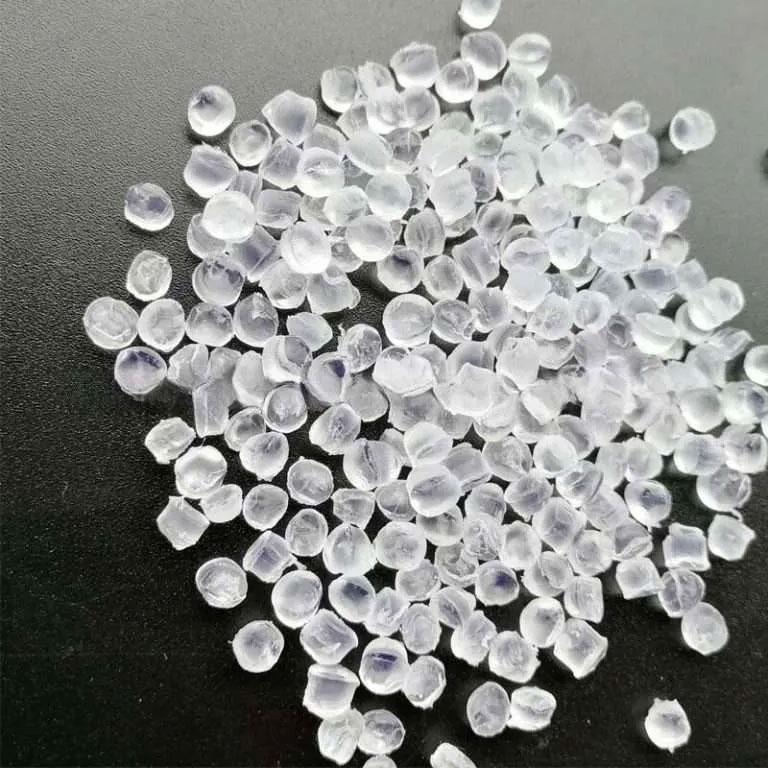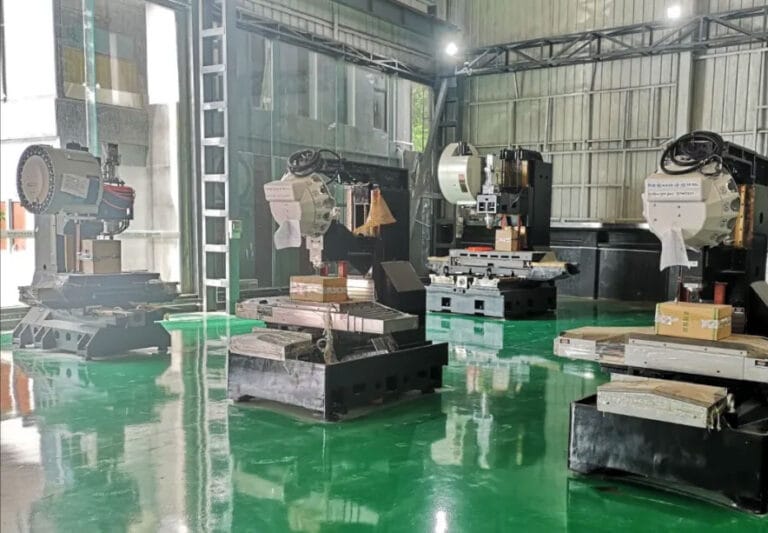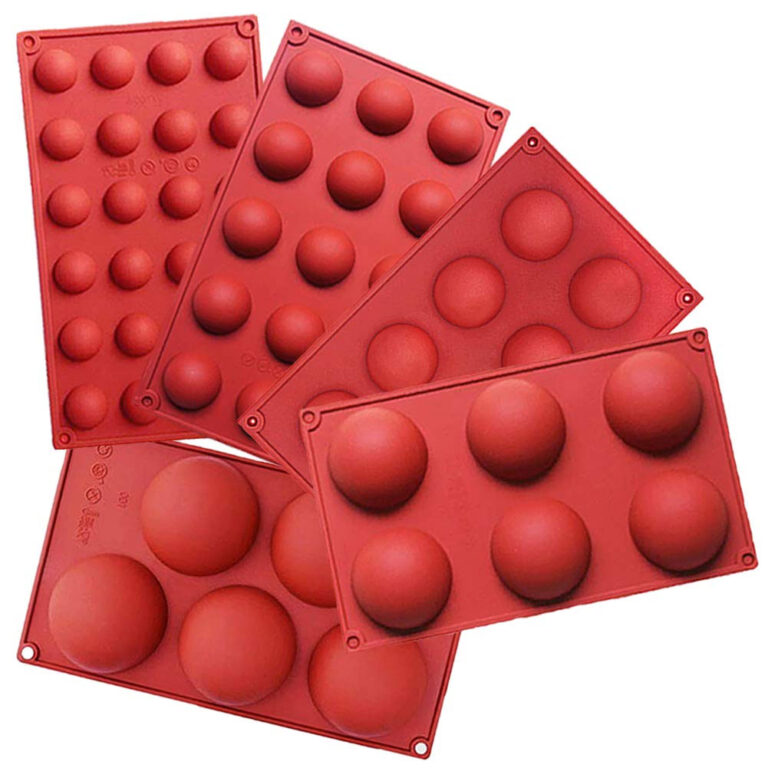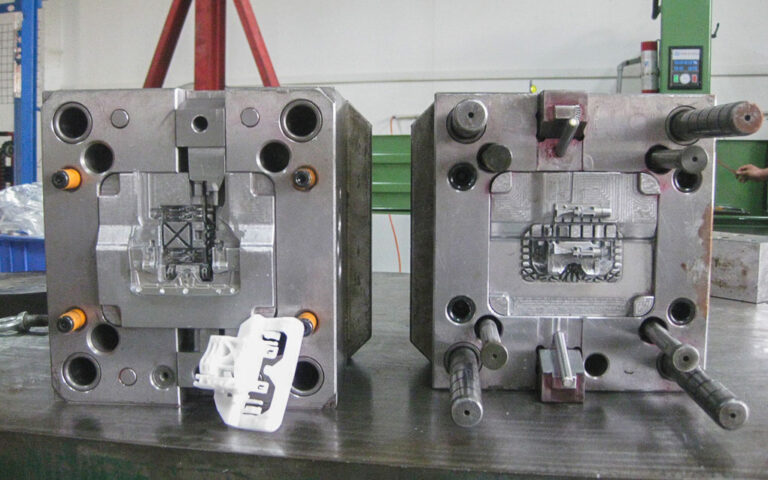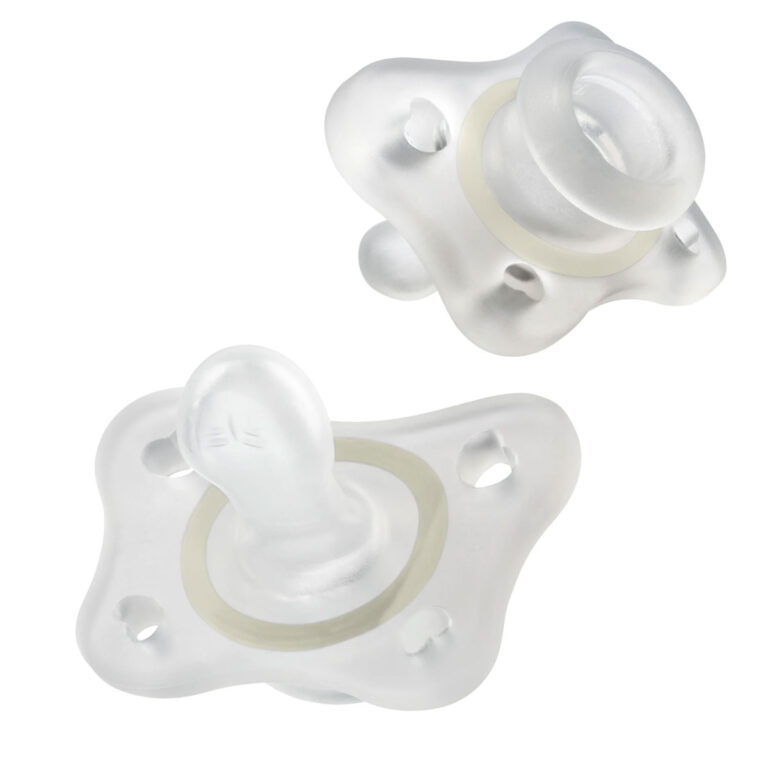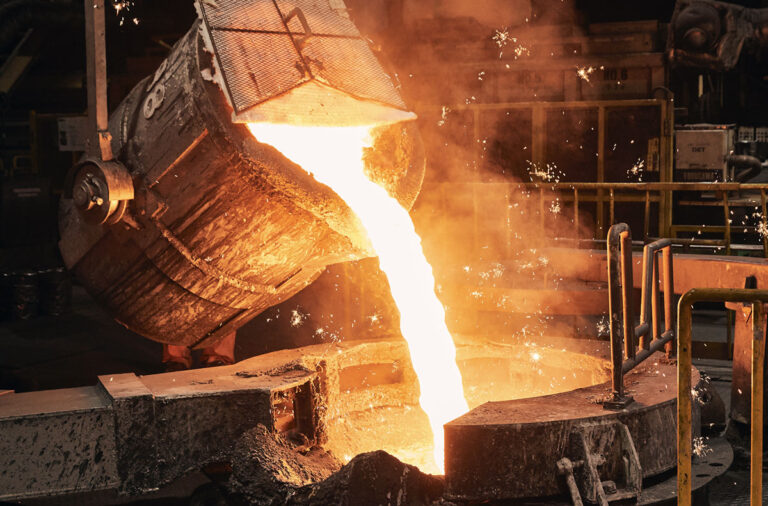TPX is a polymer of 4-methylpentene:
Density: 0.82-0.83;
Water absorption rate: 0.01%;
Melting point: 240℃;
Vicat softening point 160℃~170℃;
Shrinkage rate: 1.5% to 3.0%;
Light transmittance: 90%~92%
Characteristics of TPX
High temperature resistant, clear and transparent, high melting point, chemical resistance, acid resistance, alcohol resistance, impact resistance
1. Comparison at high temperature:
Very high elongation at break, impact strength, excellent creep resistance (high rigidity)
- Above 100℃, it exceeds PP;
- Can be used for one year under 130℃ environment;
- Above 150℃, it exceeds PC;
- It can be used for 100 hours at 180℃.
2. Electrical insulation: (There is no polar group in the TPX molecule)
- Dielectric strength: 65KV/mm (better than PTFE and propylene)
- Dielectric constant: 2.12 (PTFE dielectric constant is 2.0-2.1)
3. Chemical resistance: acid, alkali, edible oil; (very low water absorption: extremely high tolerance to water and water vapor)
4. Hygiene and safety: non-toxic, in compliance with US FDA certification;
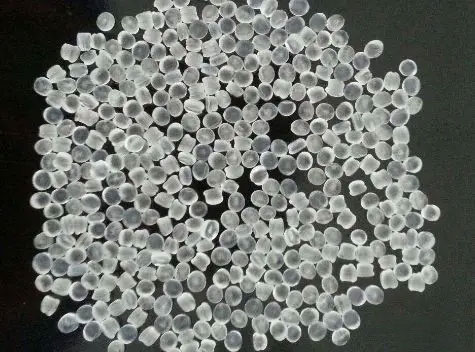
Applications of TPX:
- Beakers, Petri dishes, incubators (transparency, chemical resistance, and water vapor permeability);
- Cosmetic containers and bottle caps (fragrance) (they do not have a plastic smell and will not interfere with the original fragrance);
- Microwaveable lunch boxes and food containers (non-toxic, heat-resistant, and non-microwave-absorbing);
- Electronic and electrical parts, LED mold strips, coated cables (insulation, extrusion grade);
- Medical devices: speculum tubes, syringes (hygienic);
- Oven appliances (high temperature);
- Film (extrusion grade)
TPX injection molding process:
Material temperature: 260℃~300℃;
Mold temperature: 70℃;
It is recommended to select an injection molding machine screw with a length-to-diameter ratio of L/P=20 or more.


